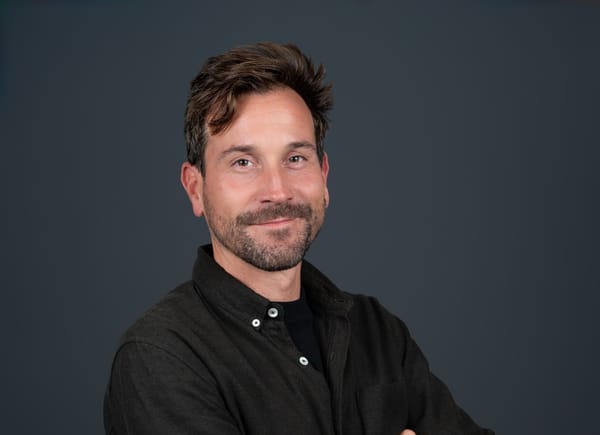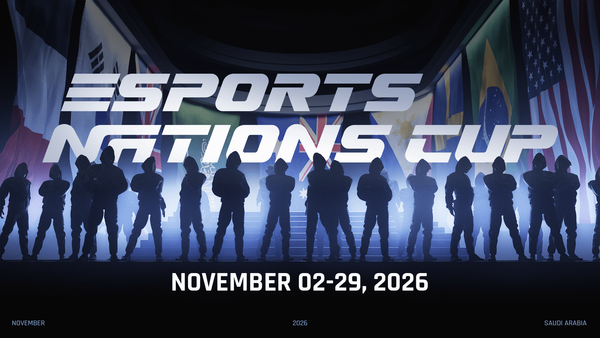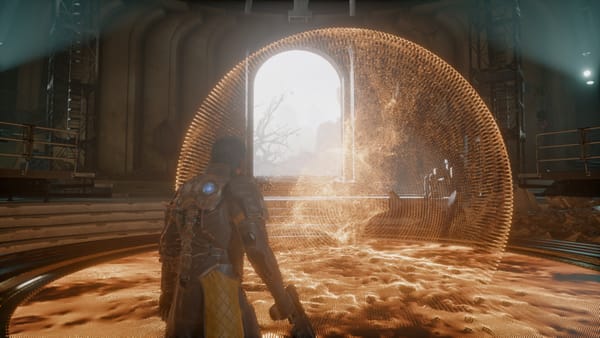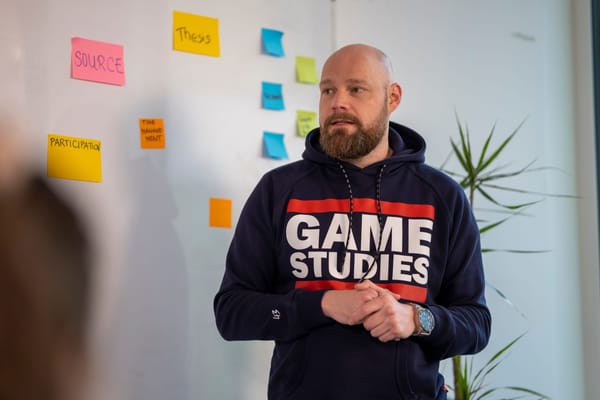Federal State Associations for Esports Criticise the Government and Call for Non-Profit Status; Update with Mehring




The lack of recognition of the non-profit status of esports is upsetting the esports associations in Bavaria, North Rhine-Westphalia and Schleswig-Holstein. Their message to politicians is to keep their promises and create certainty so that Germany remains internationally competitive. Update: Fabian Mehring, Bavarian Digital Minister, has also spoken out.
Update published at 15:10: Meanwhile, Dr Fabian Mehring, Bavarian State Minister for Digital Affairs, has also spoken out about the lack of non-profit status. In a statement obtained by GamesMarkt, the digital minister says: "The hesitant attitude towards the issue of non-profit status is another sign of the complete failure of the federal government in the area of games. I am clearly in favour of recognising the non-profit status of esports. In my opinion, there are many reasons for this: In Bavaria, there are many hundreds of volunteers and a two-digit number of esports clubs that fulfil the same social function as other clubs. I don't understand why we should exclude them from this honorary position. By classifying them as non-profit, we could also counter some of the scepticism towards esports that is still widespread. If someone looks at their mobile phone today, it could also mean that they are currently volunteering for a club. They are not involved in a shooting club or a music club, they are involved in esports because that is part of the reality of young people's lives today."
Original story published at 13:14:
The esports associations in Schleswig-Holstein, North Rhine-Westphalia and Bavaria have commented on the non-recognition of esports as a non-profit sector, because the German government didn't recognise the promised non-profit status of esports in the Tax Development Act, the proposed law for the non-profit status of esports.
The Esports Association of Bavaria (EVB: E-Sport Verband Bayern e.V.) is upset about the lack of recognition, despite repeated promises from the governing coalition and strong support from across the political spectrum. "It is disappointing to see that esports, which was already clearly anchored in the coalition agreement, has once again not been taken into account," explains Sandra Bloy, President of the EVB. "We know that many political representatives support and value esports. This support must now be reflected in concrete measures".
The Bavarian association stresses the importance of the volunteer work of esport enthusiasts. "The dedicated volunteers in esports clubs do valuable work for the public good every day," says Bloy. "It is time for these efforts to be officially recognised." This would not only bring financial benefits to the esports clubs, but also promote their social recognition and further development. "The international environment clearly shows that esports is a serious and worth-promoting industry and community," adds Bloy. "Germany should not fall behind."
The EVB calls on the members of the German Bundestag to use the consultations on the Tax Development Act to find a solution. "We hope for a positive decision in the parliamentary process and that the promised measures will finally be implemented," Bloy concludes. "It is about the future of esports and the credibility of political promises." The esports association of Bavaria will continue to work with other associations and supporters to ensure that esports gets the recognition it deserves.
The North Rhine-Westphalian state association for esports (Landesverband für E-Sport NRW) has also sharply criticised the governing coalition and called for the coalition agreement to be honoured. "During this legislative period, representatives of all governing parties have repeatedly stated that the non-profit status of esports will be granted. The fact that this has once again not been taken into account not only leaves the many volunteers in esports out in the cold, but is also likely to cause lasting damage to trust in political promises," says association president Andy Franke. The association points out that there have been numerous public statements by politicians in support of the non-profit status of esports, such as those recently made by Family Minister Lisa Paus or Michael Kellner (Parliamentary State Secretary in the Federal Ministry for Economic Affairs and Climate Action) and other leading politicians from the parliamentary groups.
Franke continues: "The constant promises of support for esports and the verbal appreciation of the many volunteers lose their value and appeal if they are only promised year after year and never delivered. It is time to act and turn promises into concrete actions. The associations have been making concrete proposals for a long time." Recognising the non-profit nature of esports will not only provide deserved recognition for the volunteer work, but also legal certainty for esports clubs. This is essential to ensure that esports can be offered in compliance with the protection of minors and health, as well as the use of qualified instructors.
The national association in Schleswig-Holstein (ESVH: E-Sport-Verband Schleswig-Holstein) emphasises that politicians have once again failed to keep their promise, and that the esports scene has experienced similar situations in recent years. "Esports not only deserves the recognition of non-profit status, it is long overdue. Tens of thousands of people in Germany support the structures of esports on a voluntary basis. In clubs, associations, schools, university groups and other organisations," says Phillip Ebben, 1st Chairman and Managing Director of the EVSH. "In addition, there is a large, very lively esports landscape in Germany. Not to recognise this as a non-profit sector is a slap in the face to all these people who give up their free time for a good cause. "The EVSH also hopes that the consultations on the sponsorship law will bear fruit, although it does not currently believe that they will be successful. This would not only be unfortunate for esports, but above all for all the people who enjoy it," says the association.
Together with the regional associations in Schleswig-Holstein, North Rhine-Westphalia and Bavaria, the ESBD (eSport-Bund Deutschland e.V.) represents the interests of almost 140 esports organisations in Germany, particularly in the areas of popular sports, competitive sports and events. Its work focuses on the legal recognition of esports clubs as non-profit organisations, the political integration of the esports industry and the development of nationwide structures and opportunities for industry-wide exchange.
Never miss anything from the German, Swiss and Austrian games industry again: subscribe for free to our Daily newsletter and get all news straight to your inbox.








